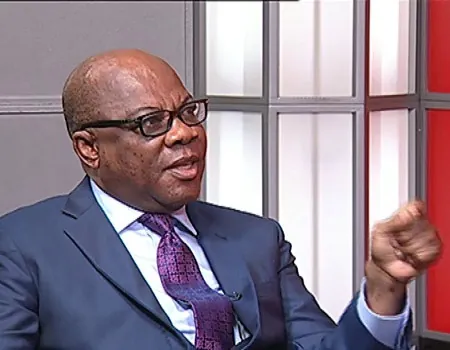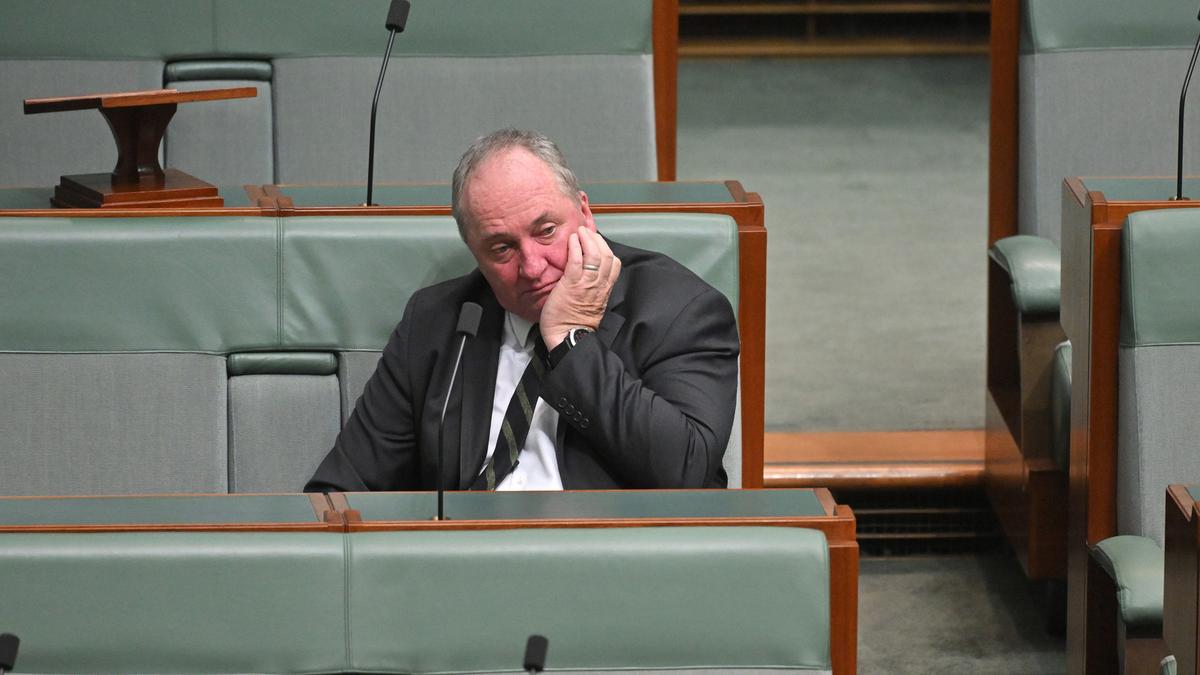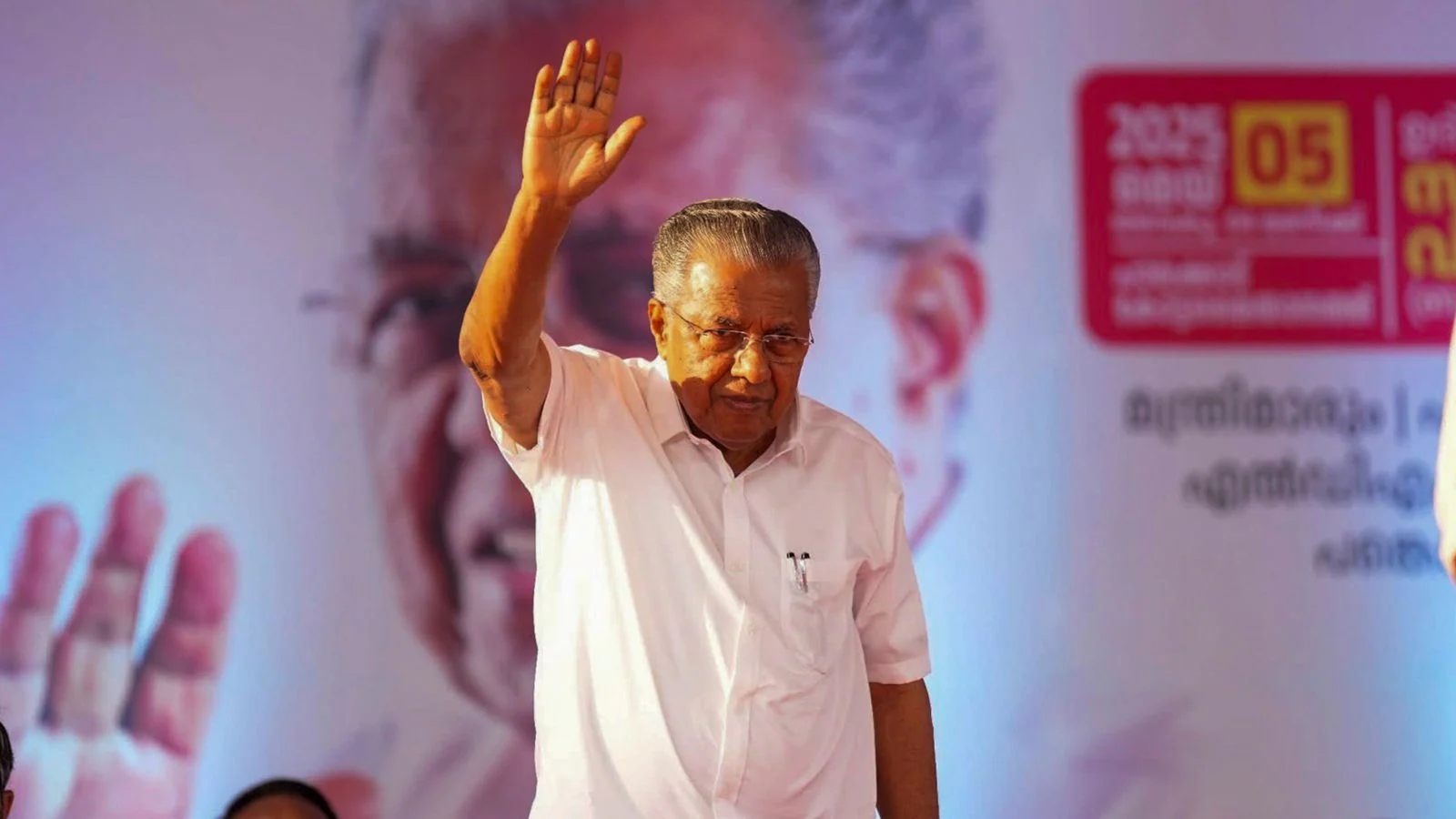Copyright brecorder

EDITORIAL: Economic diplomacy does not often get second chances. When it does, they must be seized with clarity and purpose. The revival of the Pakistan-Bangladesh Joint Economic Commission after nearly two decades signals a recognition on both sides that the cost of estrangement has grown too high for two nations whose futures remain deeply shaped by regional integration. The meeting in Dhaka, resulting in renewed cooperation across trade, connectivity, education, technology and tourism, suggests that the political will now exists to move beyond the shadows of history. There is no denying the complexity of relations between Pakistan and Bangladesh. The wounds of 1971 have long been a barrier to meaningful economic engagement. Yet the simplest truth in statecraft is that generations cannot be held hostage to the grievances of their predecessors. The decisions taken now will determine whether the next 50 years are marked by distance or by shared prosperity. The tone of the latest discussions reflects an awareness that both countries stand to gain more as partners than as politely estranged neighbours. The practical steps agreed upon speak to a seriousness of intent rather than symbolic outreach. Direct air connectivity, dormant since the freeze in relations, is being revived to facilitate business and tourism. A Pakistan-Bangladesh Knowledge Corridor offering fully funded scholarships and technical training shows a commitment to building human capital, not merely exchanging commodities. The proposal to use Karachi Port Trust as a trade gateway for Bangladeshi access to China and Central Asia underscores the latent geographic complementarities that have been ignored for too long. Equally, the new cooperation framework in halal trade and standards certification opens markets far beyond the bilateral relationship. Both nations have competitive strengths in halal exports; acting together enhances their footing in a growing global industry. Joint working groups on trade, maritime affairs and information technology are not routine committee structures but mechanisms to ensure momentum is not lost again. These are building blocks for a relationship reset. And they arrive at a time when the global economic environment punishes isolation. Supply chains are shifting, new trade blocs are emerging, and energy and climate challenges demand collaboration rather than distance. For two countries dependent on external markets, the choice is stark: shape opportunities together or compete for what remains after others have set the terms. The politics surrounding the relationship will not vanish overnight. Historical grievances require acknowledgement, respect and patience. But diplomatic maturity demands recognising that progress cannot wait for perfect conditions. The true measure of statesmanship lies in navigating complexity for the benefit of ordinary citizens, whose lives are shaped less by past narratives and more by the jobs, education and opportunity that economic cooperation can unlock. This renewed engagement is therefore not merely encouraging; it is necessary. Pakistan and Bangladesh are both young countries demographically, with labour forces seeking pathways to productivity and mobility. Trade, investment and knowledge-sharing are the levers that can convert aspiration into outcomes. If this moment is to define a new trajectory, consistency must follow. Agreements should translate into visible success stories that build confidence and silence the constituencies on either side that profit from mistrust. Diplomacy always works best when it is anchored in mutual respect. Both Islamabad and Dhaka deserve credit for choosing not to let history dictate the future. The people of Pakistan and Bangladesh share more than a complicated past; they share economic challenges that demand regional cooperation, not inertia. The decision to re-engage after 20 years is an acknowledgment of that reality. A fresh start is on the table. The task now is to build steadily upon it, treating partnership not as a gesture but as a strategy for the decades ahead. Copyright Business Recorder, 2025



